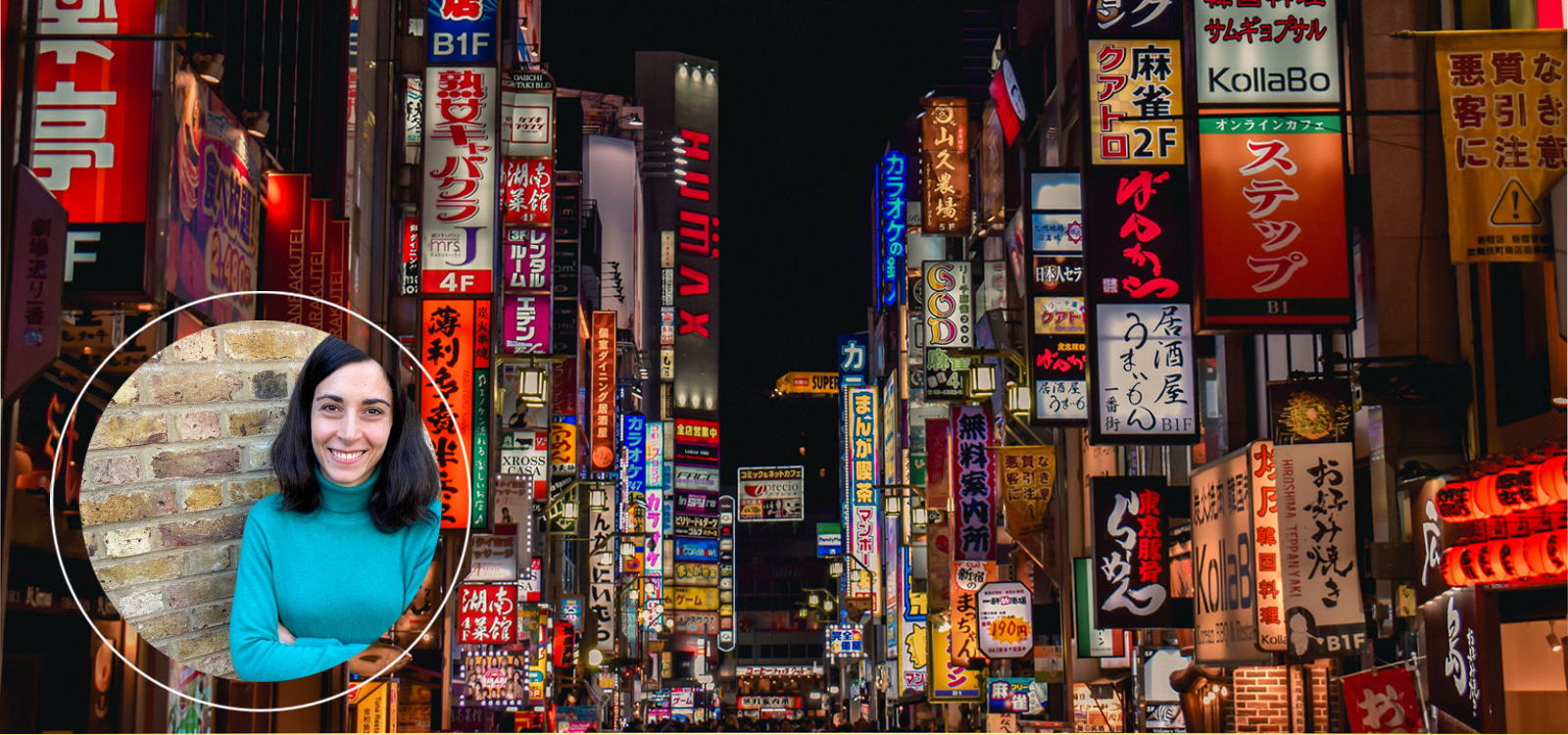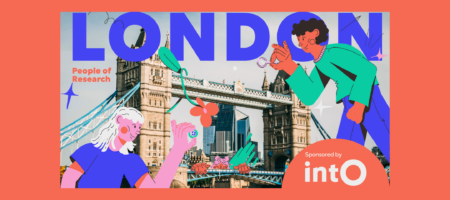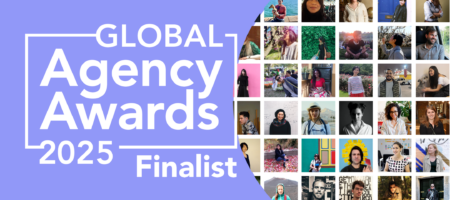As an industrial designer turned researcher, Laetitia Sfez, Associate Director at intO, expertly blends design thinking methodology and a user-centric approach to problem solving when leading on innovation research projects. In this interview, she reflects on the importance for businesses to understand local contexts when planning strategies for global innovation aspirations.
Hi Laetitia! Can you tell us about your professional journey so far and how it has led you into research?
I started off my career as an Industrial Designer working for Sebastian Conran, a London-based product design studio, after finishing my Bachelors in Industrial and Product Design at Central Saint Martins.
However, I’ve always had an entrepreneurial spirit – I completed a Masters in Business Administration before pursuing the industrial design path. I left my role as industrial designer to set up my own business, an ethical loungewear brand; after three wonderful years where I learned how to wear many different hats – from pattern design and marketing to building partnerships with online retailers – I decided to start looking for new opportunities.
I ended up refocusing my career towards design research to dive deeper into how people interact with products and services. At that time, Joanna Brassett, intO’s CEO and Founder, was working on a project with a large European chain of DIY stores, exploring the future of homes. I had the opportunity to be involved as a Local Researcher in France, conducting interviews with progressive users and experts designing and outlining the future of cities, the future of living, and the future of homes.
After that project, which reinforced my passion for research, I carried on freelancing for intO and it eventually led me to my current position as Associate Director.
How does your background in industrial design help you in your role as a researcher?
What makes industrial designers very sought after in research is our design thinking methodology and our very user-centric approach to problem solving.
When we receive a brief, the typical industrial design project life cycle involves research, conceptualisation, prototyping, iteration and developing the final product. This methodology and approach can be applied to anything, as it’s very focused on incremental steps towards finding a solution, understanding how we can fit this product or this concept within a larger context or a specific user’s lifestyle.
Having this training and experience is extremely valuable and beneficial for innovation projects in particular, because for any challenge or white space opportunity we can use this methodology to come up with ideas that will lead us to find the right solutions – whether that involves products, services, experiences or even organisational challenges.
Why do you think it’s important for global companies to understand the nuances of local context when conducting research – especially for innovation purposes?
For those businesses wondering why they need to understand local contexts, this is what they should remember: you cannot extract a user from their environment.
If you want to offer a service or a product that is relevant to a specific user, you have to understand their environment and their local context. What are the cultural, political, societal, economical drivers and forces that influence their perception and behaviour? The answers will give you an understanding of how your target audience will interact with your product or service.
Especially when it comes to innovation, it’s extremely important to unveil these forces if you want to make a product or service that is genuinely relevant to a market. You need to understand the underlying and underpinning invisible forces that shape the user experience.
Could you give us an example of a project you’ve led where you’ve seen local forces shaping the future direction of a business?
Since I’ve joined intO, all the projects that I’ve worked on have been heavily focused on understanding the local context to inform global aspirations. I believe this is our super power, and the reason why so many international organisations reach out to us.
We did a project with a US based delivery company that wanted to expand their services into Europe, and they chose to work with us to understand the local context for grocery deliveries in the UK and France. Our insights unveiled local nuances and different aspects of the cultural environment in those two regions which clashed with the business model that was set up based on a US context, which inevitably impacted the company’s strategy for European markets.
What do you enjoy the most about working in research projects with companies from around the world?
What I really enjoy about what my team and I do at intO is the variety of projects we get to work on, and also the variety of countries as well. I’m very passionate about human behaviour and I find it endlessly fascinating to explore how people from across the globe live and think.
I travelled extensively when I was young, I’ve learned many languages and I’ve always been keen to understand other cultures, so being able to work closely with intO’s worldwide network of Local Researchers is extremely enjoyable.
What topics or contexts are you currently interested in researching?
Sustainability is currently an overarching focus for many businesses and people, and I’m very keen to continue exploring how we can transform our cities and develop more sustainable and regenerative ways of living.
I’m looking forward to working with organisations that want to adopt incremental changes towards fostering more sustainable lives, especially creating new and innovative products or services that can positively impact our planet and society.

Get in touch with Laetitia if you’d like to find out more about how intO can support your brand’s innovation research ambitions.
Email her at: [email protected]
Connect with Laetitia on LinkedIn.
Explore our recent work.
Contexts Strategy Uncategorized Innovation Research




